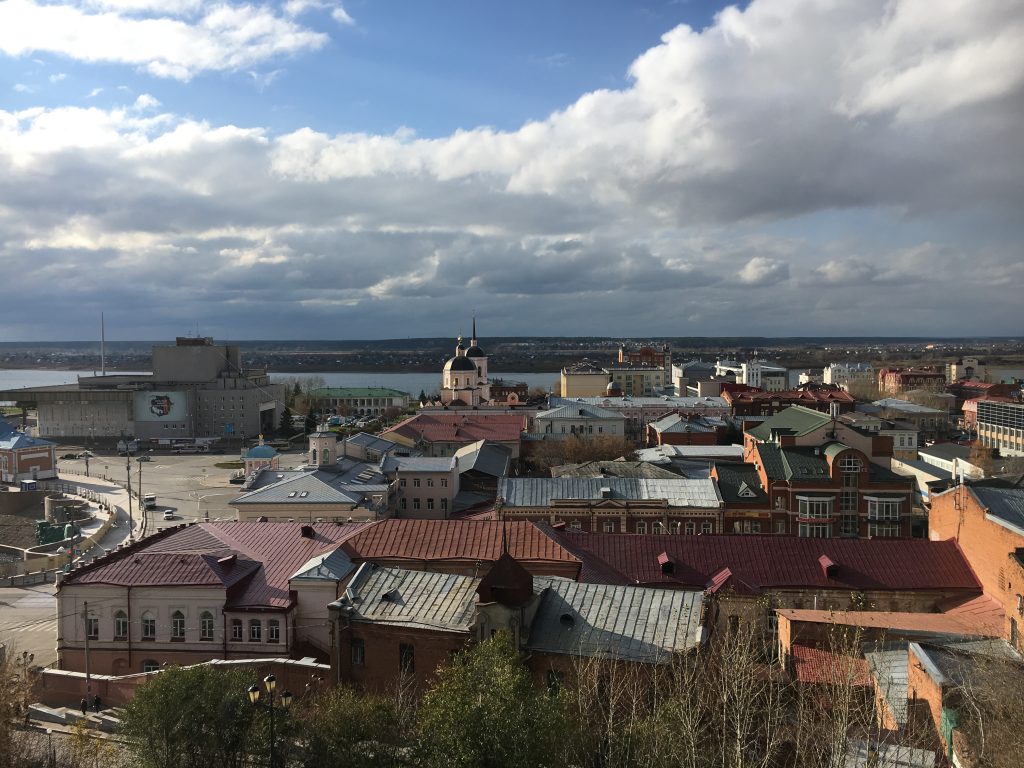At what age should we class ourselves as ‘proper adults’? With every birthday, this age moves another year further away until the realisation sets in that in fact there is no such thing as a ‘proper adult’. Everyone will go through the same confusing and, at times, daunting process of finding out how the world works. The skills that our parents and teachers seem to inherently possess are the result of many trials and, equally as many, errors until they settle into a routine that becomes their lives. But what can we do when along our own journey into adulthood we stumble across a patch that seems to test us more so than at any other point so far? Having the opportunity to live and work abroad, as many young people and students do, is an experience that is equally as wonderful and rewarding as it is intimidating and frightening. Potentially, the biggest challenge of all is being able to find the balance between these moments and to understand how to cope with them when the not so positive ones inevitably arrive.
Having spent time living in Russia and now writing this from France, I have felt both the rush of exhilaration that comes from interacting with new cultures and the full force of homesickness when the culture shock has proved too much to handle. Putting the language barriers to one side, almost every element of living somewhere that is unfamiliar to us presents challenges that we have to deal with on a daily basis. Being a foreigner can be isolating and alienating. Suddenly, you are thrust into an environment that has none of the home comforts you are used to; your friends, family, favourite foods and maybe even some of your most valued possessions. However, that is not to say that it is impossible to thrive in a new environment. One of the most interesting things about living abroad is watching your sense of independence and freedom grow as you venture out, alone, into a strange, new place. Living without the immediate support of those you have previously always turned to forces you to deal with issues head on; you can no longer hide behind your parents or the responsible housemate and although this can feel frightening at first, you soon find yourself creating solutions to whatever is thrown your way.
Nevertheless, getting to this point still requires efforts that for many are just as difficult as the problems themselves. So, what are some of the methods that we can employ to help combat the initial fear and anxiety that can set in when we first move away? At the heart of facing the difficulties that come with moving to a new place is simply the need to be proactive. Opportunities won’t create themselves, so it’s important to try your best to make them happen without waiting for them to come to you. Making friends and settling in even in your home country is daunting, so accepting that what you’re doing is difficult is just as important as trying to counter any anxiety you may feel. Denying the fact that you’re nervous certainly won’t solve any problems, and although ‘fake it ‘til you make it’ can be useful to an extent, admitting to yourself that you’re facing new challenges can be really useful for tackling those challenges head on. It’s also a good idea to use the resources around you. Social media can be a bit of a double-edged sword; apps such as Facebook and Instagram have certainly come under fire in recent news. However, they can be excellent tools for finding like-minded people and groups that can help to not only introduce you to your new area, but create friendships that will help to offset any feelings of loneliness. Similarly, asking the people around you for suggestions can be a really helpful way of sussing out your new home and meeting new people.
It would be unrealistic to suggest that these ideas can provide solutions to every worry that comes with moving abroad. However, sometimes it seems that we can get so lost in the nerves and stress that come hand in hand when we pack our bags and get on that plane, that we forget how exciting living in a new place can be. Remember why you’re there in the first place; set yourself goals that you want to achieve each week or fortnight; go out and explore. But most importantly, if everything gets too much, be kind to yourself and remember that in fact you’re doing much better than you think; all you’ve got to do is trust yourself and take the plunge.

